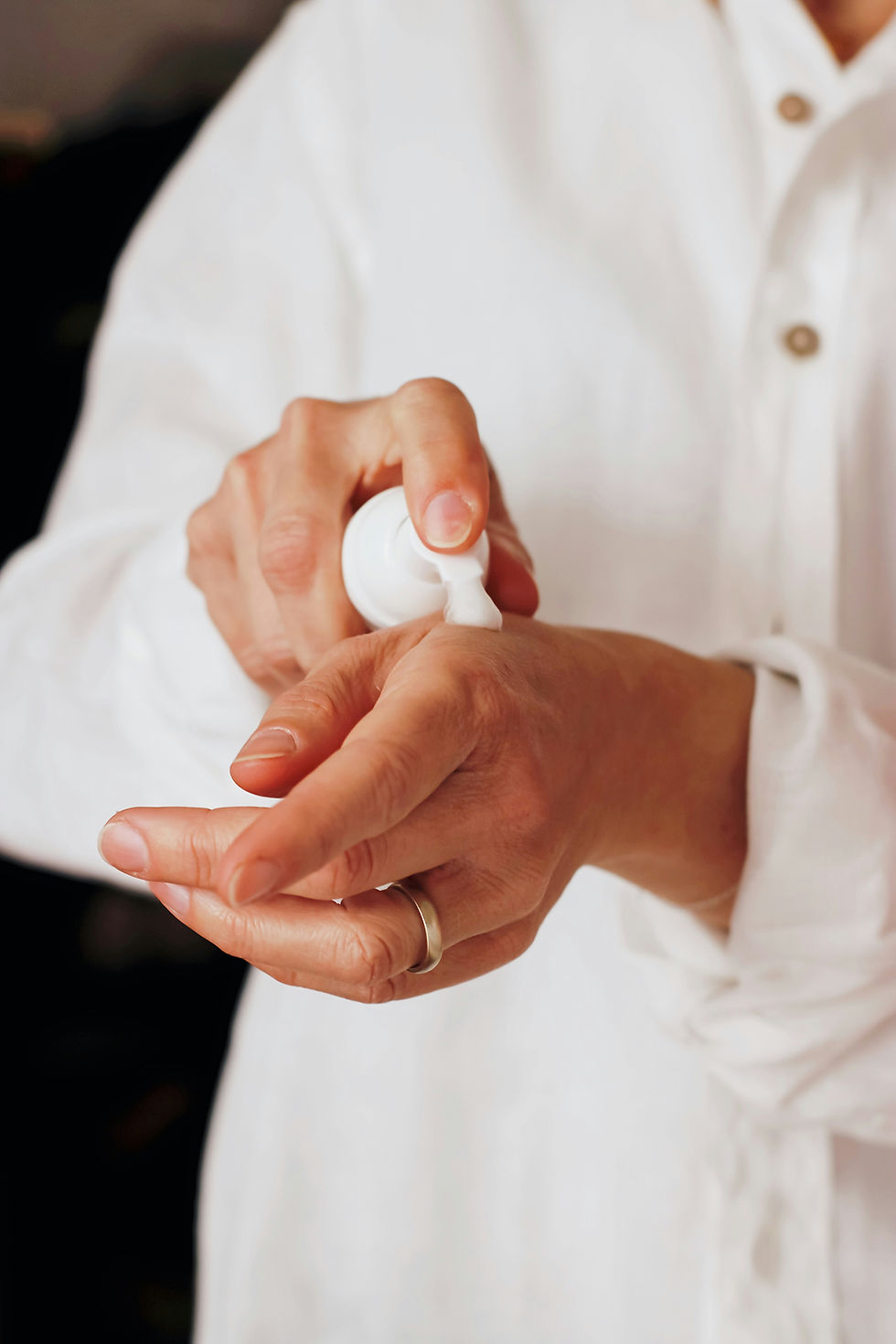IPC unveils new method for determining psoriasis severity
- By Dhiren Mahiban
- Sep 23, 2019
- 2 min read

The International Psoriasis Council (IPC) has developed a simplified method to classify psoriasis severity, calling for the classification of patients as candidates for either topical therapy or systemic therapy.
The IPC, a global, nonprofit organization with a network of more than 100 psoriasis experts, published a consensus paper, online ahead of print, in the Journal of the American Academy of Dermatology (Aug. 16, 2019) detailing the re-categorization of psoriasis severity.
Under the proposed changes, to qualify for systemic therapy, patients must meet one or more of the following criteria: psoriasis lesions on 10% or more of their body surface, psoriasis lesions on sensitive areas of the body (i.e., hands/feet, face, genitals, scalp) or topical therapy failed to control symptoms.
“So far patients with less involvement than psoriasis area severity index (PASI) 10 or body surface area (BSA) 10 were not eligible for a treatment with a biologic in many countries,” said Dr. Peter van de Kerkhof in a press release. He is the chief medical officer of the IPC and professor of dermatology at Radboud University Nijmegen in the Netherlands.
“This new approach to classifying psoriasis severity furthers IPC’s work to help improve the health of psoriasis patients around the world.”
Previously, psoriasis severity and subsequent treatment was determined by identifying patients as mild, moderate or severe, depending on the percentage of BSA with active psoriasis or by using PASI.
These treatments do not take into account the impact of psoriasis on certain areas of the body such as face, nails, scalp, hands/feet and genitals.
Additionally, the existing method does not consider how patients have responded to topical therapies. As a result, people with psoriasis–especially those with certain mild to moderate (lower severity) forms of the condition–are denied access to critical systemic treatments to control their symptoms.
The IPC method is a treatment-first approach that simplifies the process of getting psoriasis patients on the proper medication based on their disease level.
“There’s a lot of unnecessary suffering among psoriasis patients due to ‘under-classifying’ the severity of the disease,” said Dr. Bruce Strober, assistant clinical professor at Yale University and head of Central Connecticut Dermatology Research in Cromwell, Conn. He is also the secretary-treasurer of the IPC board of directors and lead author on the consensus paper. “This new approach to assess psoriasis severity developed by an IPC-led Delphi exercise aims to help providers everywhere start their patients on the appropriate treatment, and sooner.”
The IPC plans to work with health insurance entities, health care providers and with stakeholders involved in the drug development process to integrate this new method of assessing psoriasis severity into standards of care for psoriasis.




Comments